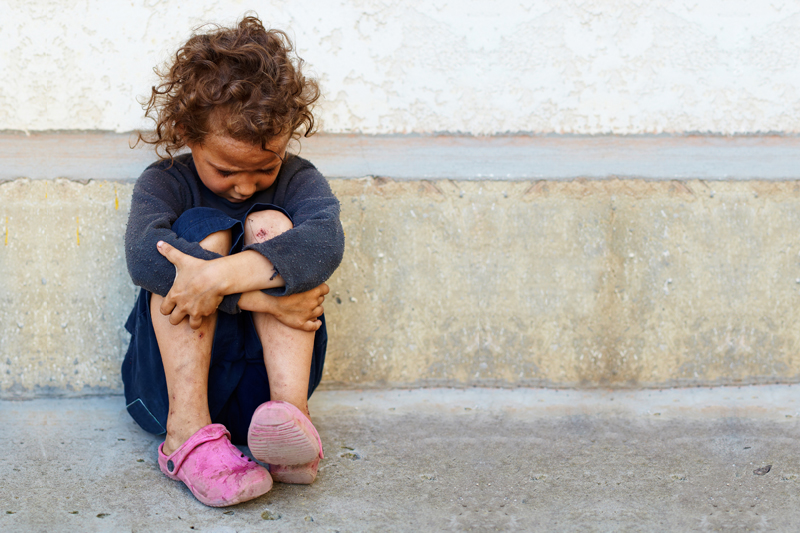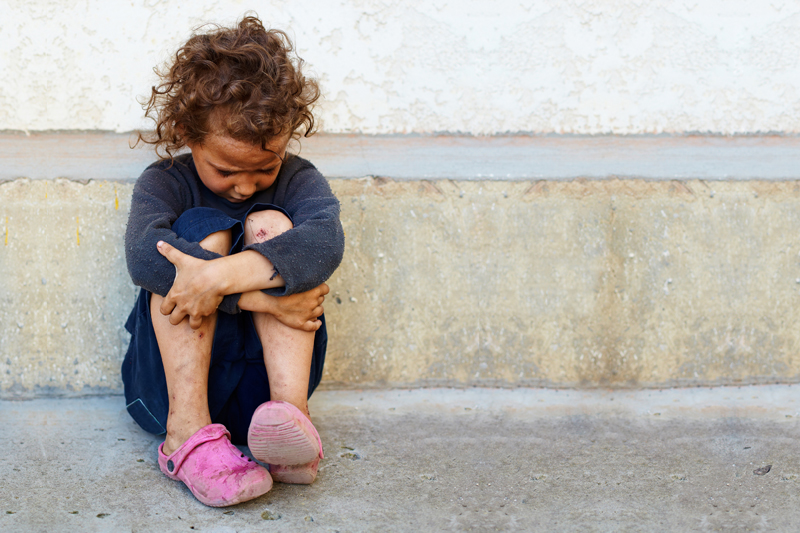Monitoring Children Online

Children are accessing the internet in homes, schools, friends’ homes, and libraries, at earlier and earlier ages. Unless the computer has parental software to prevent children from stumbling upon inappropriate information and pictures children may find information they do not need to know. Consider how a general search for information for a school report can take chilren to inappropriate places.
Think about what you might find if you Google beavers, hotdogs, breast cancer, pussy willows, just to name a few things. In addition to installing and maintaining parental software that allows parents to set age limits on what information children access, parents must also monitor where and what is happening when a child is surfing the World Wide Web. Children can go places now on the internet that children previously never had a clue about what is out there in the adult world.
In addition, to finding questionable pictures and information online from around the world, the internet never shuts down and that means information is available 24 hours a day. Hearing about all the bad things happening to others repeatedly can cause anxiety disorders. Children simply do not need to know some things that are happening in the world.
Parents like to believe they know what their children are doing and if their children were doing something inappropriate that, they would feel it. The reality is children do not have the life experiences to be surfing unsupervised. For safety sake, the family computer should be in a centrally located place. Children should never have a computer in their bedroom. What happens behind closed doors can lead to trouble.
When a child is surfing in the family kitchen or living room, he or she is more likely to tell an adult if something inappropriate happens. Most parents would not allow their 8-14 year old walk unattended in a local Wal-Mart, or allow him or her wander the neighborhood and surrounding area all hours of the day or night. However, parents fail to think twice before allowing a child to go online unsupervised.
People that prey on children no longer has to leave their home and walk or search the malls, schools, libraries, parks, or churches to find their next victim. Predators now can simply log on in the comfort of their own home and find an unsupervised child. There are hundreds or forums, chat rooms, and social networking sites invented on the web daily.
A predator is now invisible, only visible by what he or she chooses to show the world in their façade. Pictures of teenagers can copied from the web to make a fake identify and allow an adult to appear as a teen or even younger child. Children tend to believe what they see for their own eyes. Seeing a picture of a 13-year-old boy with a cute screen name whose profile mimics the things your child has listed on their profile causes children to let down their guard.
Webcams and cameras are becoming standard in most cell phones, computers, and even hand held games like Nintendo. Most of these devices now can access the internet. No problem right, your system is secure and you have not added your child to the network, so he or she cannot access the internet, right. Wrong. If anyone in the immediate vicinity has an unsecured internet network, your child can likely figure out how to join the unsecured network. Now little Johnny can access the web anytime day or night.
The internet continues to change the way people live. This includes how people interact with each other; meet new people, and how people receive a variety of information. Any information shared on the internet remains in cyberspace for a very long-time, and can come back to haunt the person years later when they try to get a job, apply for college, and when applying for credit. This is especially true for inappropriate language, context, and pictures. So think before you post.
Think about what you might find if you Google beavers, hotdogs, breast cancer, pussy willows, just to name a few things. In addition to installing and maintaining parental software that allows parents to set age limits on what information children access, parents must also monitor where and what is happening when a child is surfing the World Wide Web. Children can go places now on the internet that children previously never had a clue about what is out there in the adult world.
In addition, to finding questionable pictures and information online from around the world, the internet never shuts down and that means information is available 24 hours a day. Hearing about all the bad things happening to others repeatedly can cause anxiety disorders. Children simply do not need to know some things that are happening in the world.
Parents like to believe they know what their children are doing and if their children were doing something inappropriate that, they would feel it. The reality is children do not have the life experiences to be surfing unsupervised. For safety sake, the family computer should be in a centrally located place. Children should never have a computer in their bedroom. What happens behind closed doors can lead to trouble.
When a child is surfing in the family kitchen or living room, he or she is more likely to tell an adult if something inappropriate happens. Most parents would not allow their 8-14 year old walk unattended in a local Wal-Mart, or allow him or her wander the neighborhood and surrounding area all hours of the day or night. However, parents fail to think twice before allowing a child to go online unsupervised.
People that prey on children no longer has to leave their home and walk or search the malls, schools, libraries, parks, or churches to find their next victim. Predators now can simply log on in the comfort of their own home and find an unsupervised child. There are hundreds or forums, chat rooms, and social networking sites invented on the web daily.
A predator is now invisible, only visible by what he or she chooses to show the world in their façade. Pictures of teenagers can copied from the web to make a fake identify and allow an adult to appear as a teen or even younger child. Children tend to believe what they see for their own eyes. Seeing a picture of a 13-year-old boy with a cute screen name whose profile mimics the things your child has listed on their profile causes children to let down their guard.
Webcams and cameras are becoming standard in most cell phones, computers, and even hand held games like Nintendo. Most of these devices now can access the internet. No problem right, your system is secure and you have not added your child to the network, so he or she cannot access the internet, right. Wrong. If anyone in the immediate vicinity has an unsecured internet network, your child can likely figure out how to join the unsecured network. Now little Johnny can access the web anytime day or night.
The internet continues to change the way people live. This includes how people interact with each other; meet new people, and how people receive a variety of information. Any information shared on the internet remains in cyberspace for a very long-time, and can come back to haunt the person years later when they try to get a job, apply for college, and when applying for credit. This is especially true for inappropriate language, context, and pictures. So think before you post.

Related Articles
Editor's Picks Articles
Top Ten Articles
Previous Features
Site Map
Content copyright © 2023 by Erika Lyn Smith. All rights reserved.
This content was written by Erika Lyn Smith. If you wish to use this content in any manner, you need written permission. Contact Erika Lyn Smith for details.



